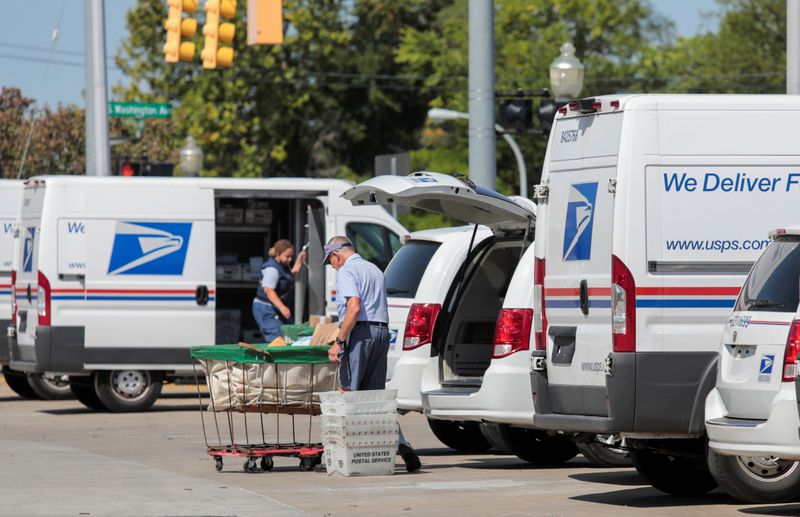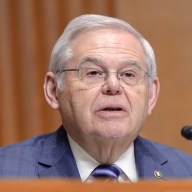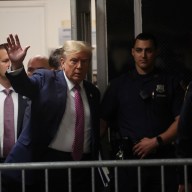WASHINGTON (Reuters) – Thirteen U.S. House Democratic lawmakers on Monday urged the U.S. Postal Service’s governing board to halt implementation of a contract that could be worth $6 billion to build up to 165,000 next-generation delivery vehicles.
In February, the USPS awarded a contract to Oshkosh Corp to build a mix of gasoline-powered and electric vehicles instead of choosing Workhorse Group Inc to build an all-electric fleet.
The lawmakers, including Representative Gerald Connolly, who chairs a subcommittee that oversees USPS, Jared Huffman, Tim Ryan, Debbie Dingell and others, also suggested the decision was in defiance of an executive order issued by President Joe Biden to electrify the federal government’s vehicle fleet. They urged a delay until a full review is completed and Biden’s three nominees to the Postal Board of Governors are seated.
“Squandering this once-in-a-generation opportunity by spending billions of dollars on vehicles that will be custom built for obsolescence – indeed, by the end of their operating lives they will be the last internal combustion fleet vehicles on the road – and defying President Biden’s Executive Order is utterly unacceptable,” the lawmakers wrote.
Last month, U.S. Postmaster General Louis DeJoy said USPS was committed to having EVs make up at least 10% of its new fleet.
The lawmakers said “even the 10% target is highly questionable.”
DeJoy defended the decision to award the contract to Oshkosh, telling Reuters last week he was briefed after the decision had been made. “(USPS) thoroughly vetted and evaluated the decision,” DeJoy said, adding he was “pretty confident” in the decision.
USPS has asked Congress for about $8 billion to boost the number of EVS it will buy, adding that “with the right level of congressional support, we can commit… (to) a fully electric fleet by 2035.”
(Reporting by David Shepardson; Editing by Dan Grebler)















